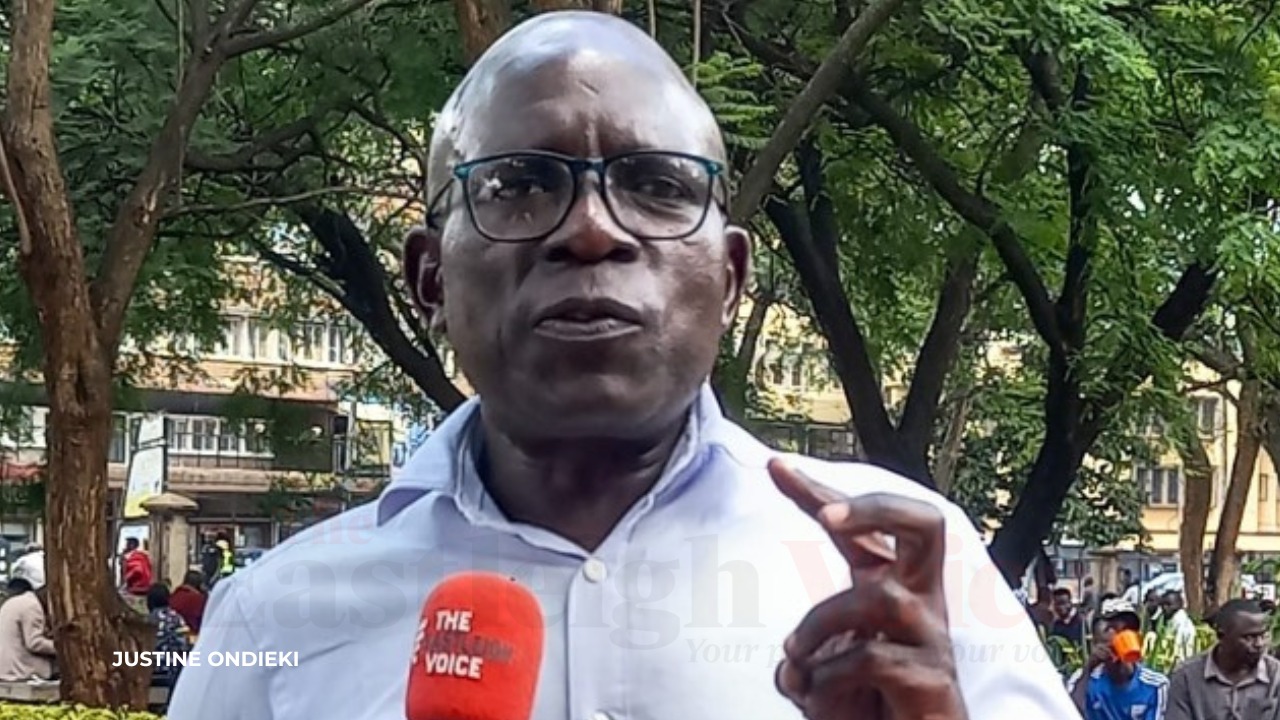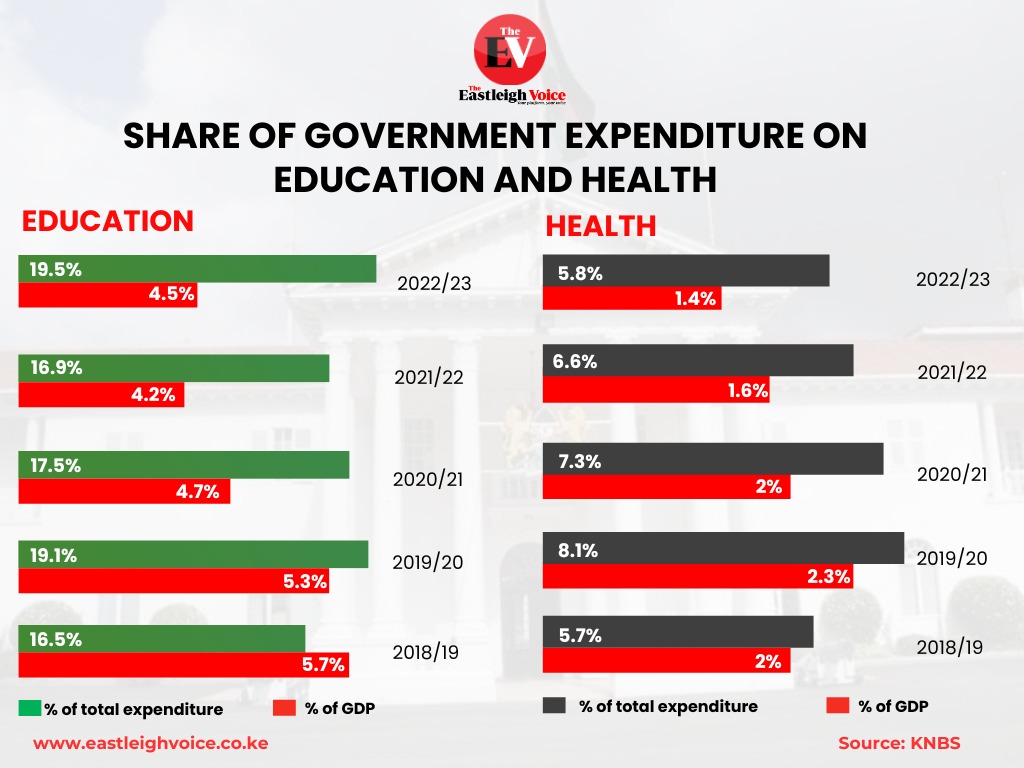CJ Koome calls for community service for petty offenders serving short jail terms

The Chief Justice reiterated that petty offenders serving less than three months should not be imprisoned but instead diverted to community service or other non-custodial measures.
Chief Justice Martha Koome has called for petty offenders with jail terms of up to three months to be diverted to community service as part of a wider prison decongestion initiative.
Speaking on Wednesday during her inaugural visit to Garissa G.K. Prison, she said the move is aimed at easing congestion in correctional facilities while promoting reintegration and dignity.
More To Read
- CJ Koome names panel for coffee estate dispute case challenging judicial immunity
- Prison deaths in Kenya hit nine-year high of 210 in 2024 amid overcrowding and poor conditions
- CJ Koome urges contextual enforcement of Marriage Act, stronger family justice system
- How circuit, mobile courts expanded justice to underserved communities - report
- CJ Koome affirms Judiciary’s commitment to transparency, says trust central to transformation
- Supreme Court to receive title deed by December 25, says DP Kithure Kindiki
Koome explained that the Judiciary, in collaboration with the Prisons and Correctional Services, is undertaking a nationwide exercise to ensure prison populations align with facility capacity and the criminal justice system upholds justice, humanity and rehabilitation.
“The Judiciary is committed to reviewing sentences and, where appropriate, releasing convicts of petty and minor offences to perform community service instead of serving time in incarceration,” she said.
She added that the reforms are part of a broader shift in the justice system.
“We are moving away from the old approach that focused solely on punishment, where those who came into conflict with the law were seen as beyond redemption, towards an approach that recognises the human potential in every person. We acknowledge that people make mistakes, and sometimes circumstances lead individuals down the wrong path,” Koome said.
During the Garissa prison visit, 18 inmates were released to complete their sentences through community service. Judges are also reviewing 20 cases to determine whether more convicts qualify for non-custodial sentences.
Koome emphasised that congestion weakens the core role of prisons.
“Congestion severely undermines the prison’s ability to fulfil its core function, rehabilitation and the reformation of offenders. Overcrowded prisons are not conducive to humane living conditions, and without such conditions, the dignity of those incarcerated is compromised,” she said.
She also reaffirmed the Judiciary’s commitment to protecting children in conflict with the law.
“Children belong in schools, not prisons. We must provide rehabilitative avenues that allow them to grow into law-abiding citizens,” she said.
Koome noted that the reforms will also support environmental sustainability through “green sentencing,” where offenders are assigned community service such as tree planting and environmental restoration.
The prison decongestion initiative, she added, has two main parts, which include reviewing bail and bond terms for suspects to prevent detention simply due to lack of money, and reassessing sentences to ensure a sustainable prison population and fair justice.
Garissa Presiding Judge Justice John Onyiego praised the collaboration between the courts and the prisons, noting the role of technology.
“The High Court in Garissa visits the prisons every quarter with a view to decongesting them and fast-tracking cases of those in remand. Further, the use of virtual proceedings has made it easier to expedite justice, which earlier encountered delays occasioned by inadequate transport and elaborate security requirements for the physical movement of inmates to court,” Onyiego said.
Judicial Chief Registrar Winfridah Mokaya said reforms such as the Bail and Bond Policy Guidelines, use of community service orders, and collaboration with partners under the National Council on the Administration of Justice (NCAJ) are helping ease congestion.
“We welcome the ongoing government discussions on prison reforms, including modernising facilities, expanding non-custodial sentences, and strengthening rehabilitation programmes, because incarceration should not be about punishment but about transformation and reintegration,” Mokaya said.
Deputy Commissioner General of Prisons Jane Kirii lauded the growing use of ICT in the justice system and urged the expansion of ICT facilities in prisons to improve access to justice.
Top Stories Today











































